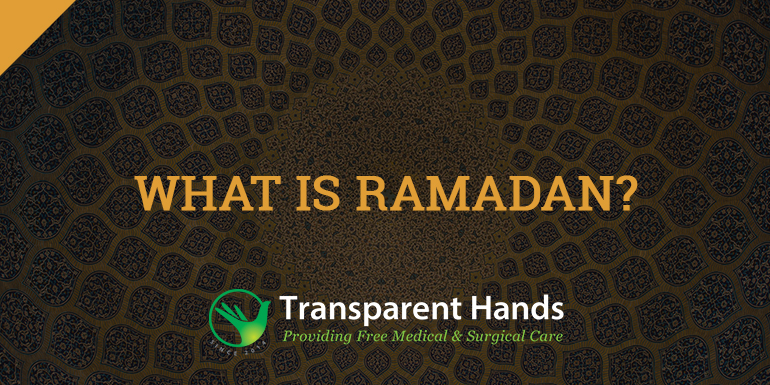What is Ramadan

Introduction
For Muslims all across the world, there is no month more sacred than the holy month of Ramadan. Centuries have passed, but the glorious tradition of fasting continues till today. Always, there is a lot of buzzes whenever the month of Ramadan is upon us. People who aren’t familiar with the norms and traditions of Ramadan often tend to mix up things. This has led to a lot of made-up stuff, which is a blemish on the holy month’s name. In this discussion, we are going to get rid of all such confusion by answering one simple question: What is Ramadan?
What happens in Ramadan?
What is Ramadan can’t be answered without knowing what happens in Ramadan? Well, Muslims all across the world mark the beginning of this holy month by spotting crescent on the sky. It is the ninth month of the Islamic calendar. The excitement of spotting crescent alone is enough to get one all excited about this holy month. Yes, Muslims fast all day from dawn till dusk. Traditions of sahoor which is eating in the morning, and iftar which means breaking the fast, add a graceful touch. 30 days of fasting has an impact on the human soul and body, which we discuss later in this article.
Ramadan: A symbol of unity
One might wonder: What is Ramadan’s significance concerning Muslim unity. This is a question that is answered by the enthusiasm with which Ramadan is celebrated all around the world. Muslims unite in having a month of prayer and reflection for themselves. The whole aura completely changes the moment lunar verification of the holy month’s beginning is received. People doing iftar together in a mosque is a powerful picture. It reflects the very spirit Ramadan is all about. Even friends and family at home love to have breakfast together. A tradition that unites individuals all over the world and reflects what is Ramadan all about!
Ramadan’s status in the pillars of Islam
What is Ramadan’s importance in the fundamental values of Islam? There are five pillars of Islam. These include Faith, Prayer, Hajj (which means making the pilgrimage to Mecca), Zakat, and yes, Sawm. Sawm is an Arabic word used for fasting. So you can see why fasting is so critical for Muslims. The consequences are quite serious if one is missing fasts intentionally, without any major issue. However, some people are exempt from fasting, we will discuss them later in this discussion. Fasting is not all about staying hungry though. Let us have a look at Ramadan from a spiritual point of view.
4 Ramadan Traditions You Did Not Know
Ramadan: A time for spiritual reflection
Staying hungry serves no purpose if there is no spiritual reflection attached to fasting. After all, without reviewing your life? The increased frequency and intensity of prayers tell us that Muslims consider this month very important, spiritually. Loving people around you, making more donations to charity, and adopting good moral values revolutionizes a person’s life. By the end of Ramadan, one can see the transformations in a somewhat not so religious Muslim. These transformations answer the question of what is Ramadan’s impact on a Muslim very efficiently.
Who is exempt from fasting?
Muslims begin fasting regularly once they reach puberty. Like we said before, the consequences are pretty serious if you miss a fast. Either feed 60 poor people or fast for another 60 days! However, there are some exemptions in this regard. People who are exempted from fasting are ill, pregnant women, menstruating women as well as travelers.
What happens at the end of Ramadan?
So, after all that hard work, there must be some kind of reward, right? Yes, you guessed it right. Ramadan and Eid go side by side. The festival of Eid is celebrated once the crescent for the month of Shawaal is spotted. Traditions associated with the festival of Eid are quite sweet, and that’s mildly put. No one is happier than little kids who get loads of money in the form of a gift.
Conclusion
Well, that is all from this discussion. We hope that this article served as a reminder of the basic values attached to Ramadan. One can’t hope to achieve all the benefits associated with Ramadan without following it in its truest spirit. Ramadan is a month of blessings, something which we are sure all of us desperately need in our lives!










Leave Your Comments